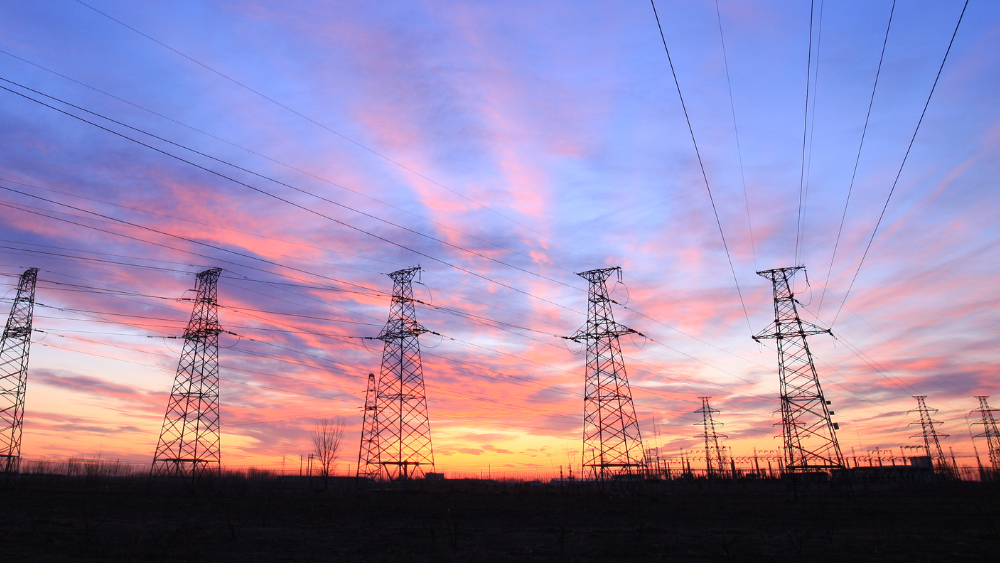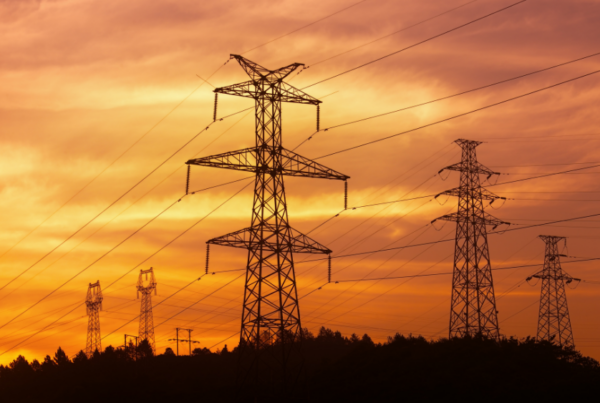
Texans paid 26% less than U.S. average for electricity between January 2022 and June 2024, despite extreme market conditions and unprecedented load growth, new Aurora report finds
AUSTIN, TEXAS (AURORA ENERGY RESEARCH)—Today, Aurora Energy Research, the global energy market analytics provider, released a new report assessing the Texas power market’s ten most expensive days in 2023, finding that prices to consumers remained flat and below the U.S. average and that wholesale energy price spikes were primarily driven by weather and thermal outages, not ancillary services as previously argued by the Independent Market Monitor (IMM). Since 2020, Texas has experienced extreme temperatures, record peak load, and higher than normal thermal plant outages. In 2023, especially, this created an environment of high prices and tense market conditions. Amid these conditions, the ERCOT Contingency Reserve Service (ECRS) was implemented as an ancillary service (AS) designed to help maintain grid frequency and reliability.
ECRS has faced widespread scrutiny in ERCOT since May of 2024 when an assessment released by the IMM asserted that ECRS procurement increased real-time energy costs by an estimated $12 billion from June to December 2023. Unlike the IMM’s report, Aurora’s analysis takes into account the cost impact of extreme heat and unplanned thermal outages and found that across the ten most expensive days of 2023, thermal outages accounted for $5.4 billion in excess costs and record load accounted for $8.3 billion in excess costs. Adjusting for load and thermal outages, ECRS excess costs fell from $4.6 billion to between $100 million and $1.3 billion. The report has also found that despite high summer wholesale prices, Texans paid lower retail electricity prices than the rest of the U.S. and that retail prices for Texas consumers remained relatively flat over the last two years despite summer scarcity.
“This report’s findings emphasize the importance of balancing system cost considerations with reliability,” said Olivier Beaufils, Head of US Central at Aurora. “As policymakers continue to debate market reforms, providing clear guidance on the role of ancillary services will be crucial to maintaining reliability while keeping energy costs manageable for Texas consumers.”
Despite load and renewables both continuing to grow faster in ERCOT than other markets, the report finds that ERCOT’s ancillary services procurements are in line with other markets. The market’s reliance on periodically high wholesale prices serves as a mechanism to encourage investment in new generation capacity without directly affecting consumer costs.
To assess the impact of these conditions on system costs, Aurora analyzed ten days in Summer 2023 where low reserve margins resulted in high system prices and simulated the impact of lower thermal outages, load, and ECRS procurement on energy prices. Across these ten days alone, day-ahead and real-time market energy costs reached an estimated total of $10.6 billion. Among these high-cost days, Aurora’s simulation found the following:
- Had system-wide load been consistent with ERCOT’s peak forecast of 82.7 GW, total energy costs in these ten days would have been $8.3 billion lower.
- Had unplanned thermal outages been at ERCOT’s baseline, total energy costs in these ten days would have been $5.4 billion lower
- Releasing 75% of ECRS volumes would have reduced costs by $4.6 billion across ten days, but controlling for load or thermal outages drops these excess costs to between $100 million and $1.3 billion.
These findings demonstrate that the impacts of high load and thermal outages outweighed ECRS as the driver of scarcity during the summer of 2023.
Notes to Editors
The full report can be viewed here.
Media Contacts:
Zina Fragkiadaki,
Press Officer, EMEA, Aurora Energy Research
+44 (0) 7747 219 913
zinovia.fragkiadaki@auroraer.com
Julia Oswald,
Marketing Manager, NORAM, Aurora Energy Research
julia.oswald@auroraer.com
ABOUT AURORA ENERGY RESEARCH
Established in 2013, Aurora Energy Research is a leading global provider of power market forecasting and analytics for critical investment and financing decisions. Headquartered in Oxford, we operate out of 14 offices worldwide covering Europe, North & South America, Asia, and Australia.
Our comprehensive services include market outlook packages for energy industry participants, advisory support, and innovative software solutions. We foster diversity with a team of over 600 experts with backgrounds in energy, finance, and consulting, offering unparalleled expertise across power, renewables, storage, hydrogen, carbon, and fossil commodities. Our mission is to facilitate the global energy transition through widely trusted quantitative analysis and high-quality decision support.






